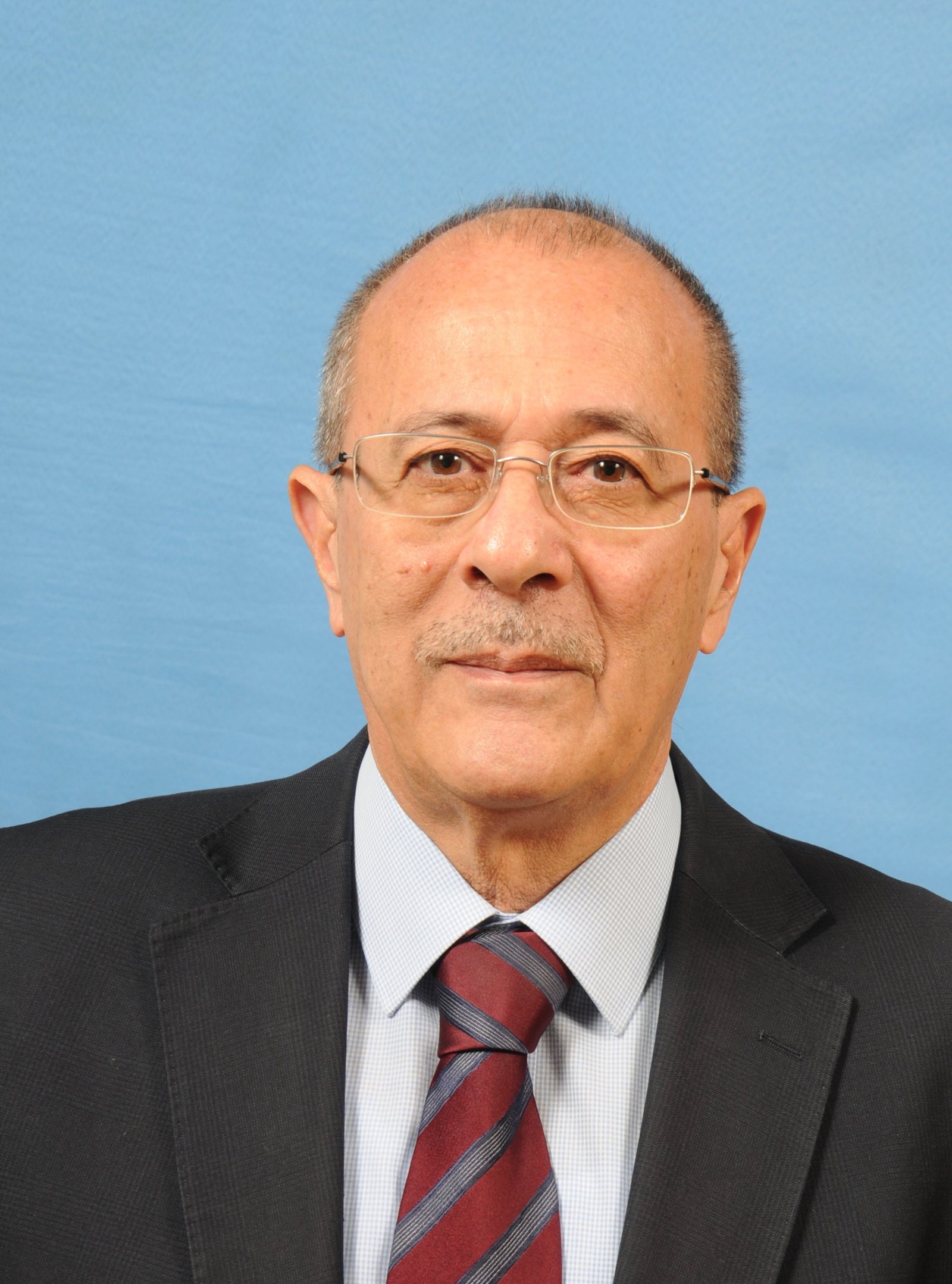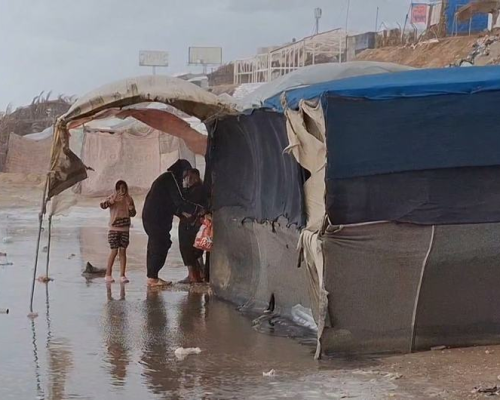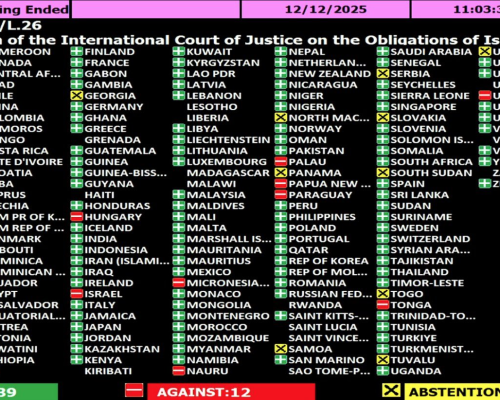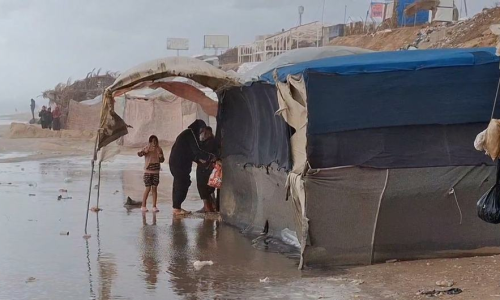Ghassan Khatib
Since October 7, 2023, international attention has understandably centered on Israel’s devastating war on Gaza. The details of the genocide are horrific and call for intervention. But away from the cameras and headlines, Israel has launched a parallel offensive—less visible but transformative—across the occupied West Bank, including East Jerusalem. Under the cover of war, Israel is accelerating a long-standing agenda of de facto annexation, systematically reshaping Palestinian life and geography without international consequences.
The Frontline: The West Bank
While bombing Gaza, Israel has permitted settler violence and land seizures while intensifying movement restrictions and economic suffocation in the West Bank. This is not coincidental or reactive. Rather, it appears to be a calculated effort to exploit the global distraction with Gaza to advance longstanding maximalist objectives.
This became even more clear at the end of August with the approval of the E-1 settlement plan, a key bloc of construction that will fill the last open areas of the West Bank, foreclosing contiguity between northern and southern Palestinian communities and sealing the fate of the failed Palestinian state.
In the months following the start of the war, Israel approved the largest land confiscation in the West Bank since the Oslo Accords. Moreover, according to Peace Now, over 60 Palestinian communities have been displaced between 2022–25, settlers taking over 14% of the West Bank—over 780 square kilometers. Settlers establish outposts, funded with millions in state and other funds, that are then bases for attacks and harassment that make the lives of Palestinians—isolated in rural areas—impossible. Violent settler attacks, often backed or ignored by the army, have grown more brazen. Activists describe and document how settlers now burn tents, steal livestock, and expel residents in broad daylight.
Israeli ministers are not hiding their intentions. Orit Strock, Minister of Settlements and a settler herself, called this period a “miracle” for settlement expansion. Finance Minister Bezalel Smotrich said the goal is to remove the “threat” of a Palestinian state by extending Israeli sovereignty over all of “Judea and Samaria,” the Israeli name for the West Bank. The language is no longer about negotiation; it is about permanent control.
Checkpoints and Fragmentation
Alongside land grabs, Israel has sharply intensified restrictions on Palestinian movement. The number of Israeli military checkpoints in the West Bank reached 849 by early 2025, according to the United Nations. These barriers not only fragment Palestinian territories into isolated cantons, but also obstruct access to hospitals, schools, and workplaces. The World Health Organization documented 791 attacks on Palestinian health infrastructure in the West Bank since October 2023.
Beyond humanitarian harm, these restrictions have a political aim: the cantonization of the West Bank. By severing Palestinian cities and towns from one another, Israel is laying the groundwork for five disconnected “regional councils” for Palestinians—echoing Smotrich’s vision of a fragmented, self-administered Palestinian entity under overarching Israeli control. Meanwhile, settlers move freely under a separate legal and administrative system.
Economic Suffocation as Policy
Israel’s post-October campaign includes a three-pronged economic assault: blocking Palestinian laborers from entering Israel, withholding Palestinian tax revenues, and cutting off West Bank markets from Palestinian citizens of Israel.
These measures have brought the Palestinian economy to its knees. Palestinian Gross Domestic Product dropped 22% in the first year of war. More than 200,000 jobs vanished in Gaza and the West Bank. Israel’s withholding of tax revenues—amounting to over $1.8 billion—has crippled the Palestinian Authority’s ability to pay salaries. The result is a hollowing out of Palestinian institutions without direct dismantling them, sidestepping diplomatic backlash.
More recently, there are unfolding attacks on humanitarian organizations and civil society, with legislation going into effect that allows Israel to “de-register” groups that are “hostile” to Israel (a description so general as to be meaningless) while requiring them to provide the personal details of all their Palestinian staff. The move has put at risk the operations of more than two dozen international organizations, which are another source of funding and support for Palestinian civil society.
Even Palestinian citizens of Israel, whose annual spending in the West Bank once exceeded $800 million, have been barred from shopping or studying there. The aim is not just economic. A leading Palestinian business figure put it bluntly: “The clearest objective is to indirectly destroy Palestinian institutions, particularly the Palestinian Authority.”
A Global Failure, and a Point of No Return
While Israel advances a one-state reality of control and domination, the international community continues to echo slogans about a two-state solution. Belgium, France, Britain, Canada, Australia, and Malta have all said that they will join 147 other countries in recognizing the State of Palestine this month at the U.N. General Assembly meeting. This recognition is politically significant, but if it remains merely rhetorical without accountability, it could make that vision merely a statement. A recent poll in Israel shows 68% of Israelis support annexing the West Bank; 71% oppose a Palestinian state. These are not fringe views—they are mainstream policy.
If the current trajectory continues, Israel’s long-standing policy of “creating facts on the ground” will solidify into permanent apartheid. Just as the genocide in Gaza will have longstanding regional and international implications, the quieter, bureaucratic, and structural war on the West Bank is entrenching irreversible realities. Israel seems to be taking advantage of the horrific offensive in Gaza to pursue its agenda of liquidating the Palestinian cause. The longer this goes on without international consequences, the greater its chance of success.
- The article was published in The Jerusalem Media and Communications Centre (JMCC)








